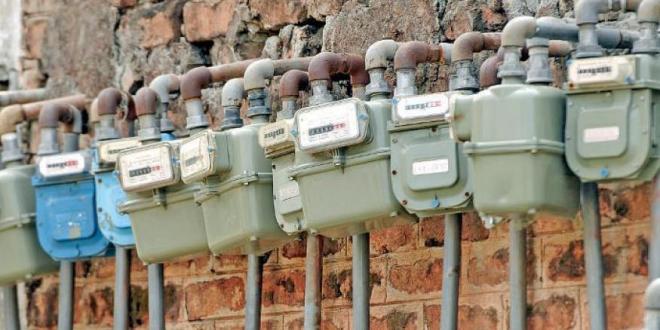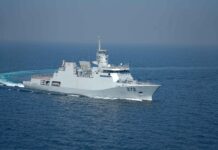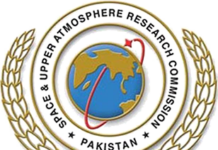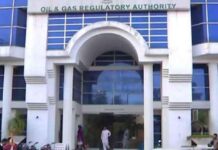
KARACHI: A new pricing mechanism for gas distribution companies has been launched by Oil and Gas Regulatory Authority (Ogra) on Monday which will see their rates of returns go up on basis of market dynamics.
The new revised tariffs regime would see the fixed rate used to determine the rate of return on assets and profitability be changed with a weighted average cost of capital (WACC), reported The News.
Hence, the new rate of return for the transmission assets is going to be 16.28 percent compared to 11.83 percent.
And for distribution, it has been determined at 17.43 percent against 12.7 percent. As per this new tariff regime, the recommended tax is not going to be treated as a pass-through item as originally envisaged.
This new tariff using WACC method would be applicable for the next three financial years, FY19, FY20 and F21.
Although, any difference of less or greater than two percent would be adjusted to prevailing years’ revenue.
Both Sui Northern Gas Pipelines (SNGPL) and Sui Southern Gas Company (SSGC) were using fixed return method to prepare financials on operating assets formula at 17.5 percent and 17 percent.
This would allow both the state-owned gas entities to check rising financing costs under the revised tariff regime.
The debt will be a major constituent of the capital structure due to the commencement of construction of re-gasified liquefied natural (RLNG-III) project.
Normally these projects work on a 70 percent debt and 30 percent equity basis and Pakistan already has two RLNG terminals having 1.2 billion cubic feet per day capacity.
And the assets of these entities will be evaluated at historic values under the WACC regime and no revisions have happened on account of expenses incurred during operations.
Taxes, dividend payments, financial and debt servicing charges would be excluded from operating expenses but late payment surcharge to gas entities will be considered as operating expenses.
Meter rental, service charges, late payment surcharge, 50 percent of income from meter manufacturing, 50 percent of income from LNG/natural gas liquids and transportation charges would comprise of operating income.






















